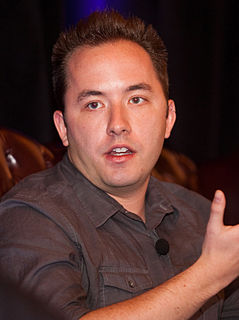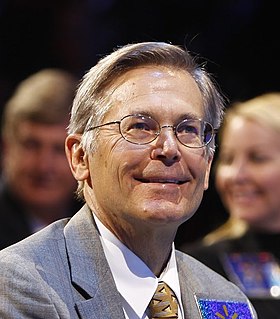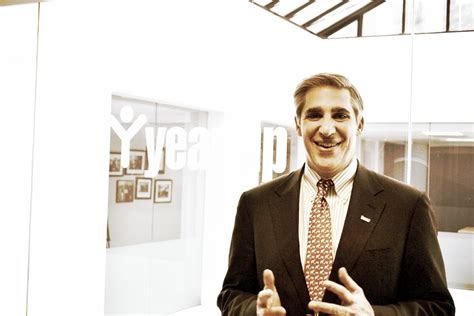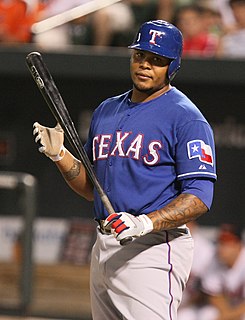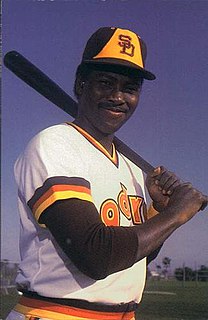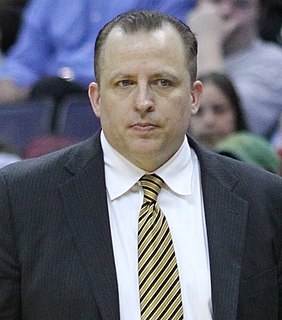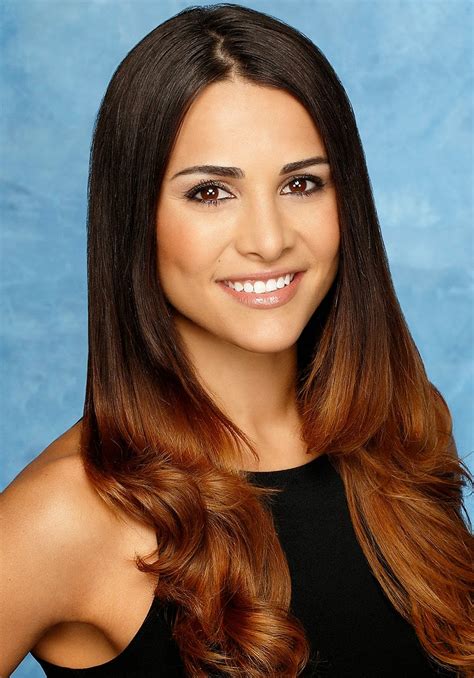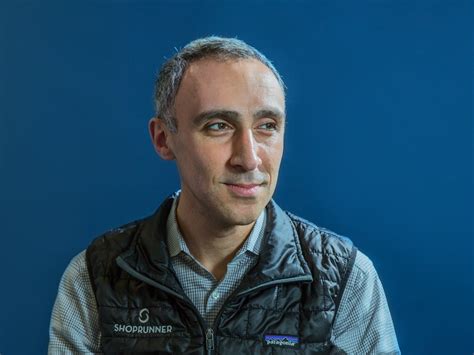A Quote by Drew Houston
I actually don't think it matters how early or late you are as long as you hit critical mass.
Related Quotes
Our best long-term and intermediate cycles suggest another slowdown and stock crash accelerating between very early 2014 and early 2015, and possibly lasting well into 2015 or even 2016. The worst economic trends due to demographics will hit between 2014 and 2019. The U.S. economy is likely to suffer a minor or major crash by early 2015 and another between late 2017 and late 2019 or early 2020 at the latest.
To be fair, if we are having a mass extinction, we're in the early stages of it. I think it's knowing facts like that which has made me less fearful about the future. Mass extinction is a long, complicated process that we are just now beginning to understand - and likewise, we are just beginning to understand how we might prevent one.
I used to smoke marijuana. But I'll tell you something: I would only smoke it in the late evening. Oh, occasionally the early evening, but usually the late evening - or the mid-evening. Just the early evening, midevening and late evening. Occasionally, early afternoon, early mid-afternoon, or perhaps the late-midafternoon. Oh, sometimes the early-mid-late-early morning. . . But never at dusk!
When people conceptualize a cyber-attack, they do tend to think about parts of the critical infrastructure like power plants, water supplies, and similar sort of heavy infrastructure, critical infrastructure areas. And they could be hit, as long as they're network connected, as long as they have some kind of systems that interact with them that could be manipulated from internet connection.
I think that you're smarter than we were, but we had two things: one is, in our naïveté we believed we could change the world. And number two, we believed that another world was possible. And once that belief took hold of some critical mass, a tiny minority nonetheless, but a critical mass of people, then the world did change.
When I was prepping for my Broadway debut as Romeo, it really hit me that I had never done that. I had trained at drama school for three years in my late teens to early 20s, and I'd studied Shakespeare, of course, but I hadn't actually performed it. So to do something like Romeo for my first Broadway role was a challenge.
